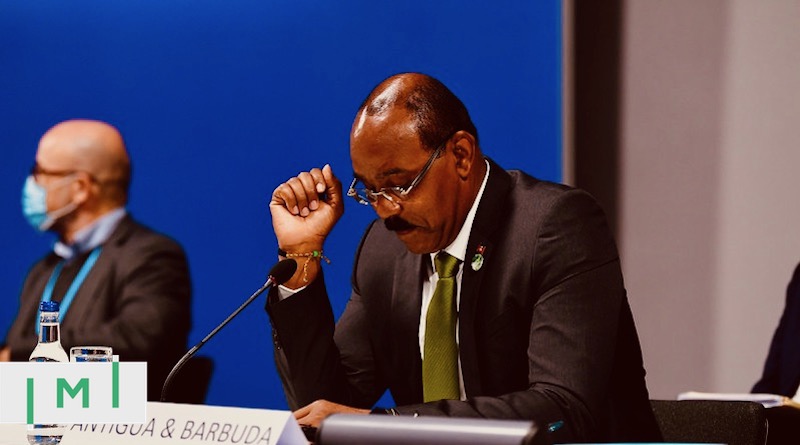Antigua PM: Some CBI Developer Business Models “Usurious”, “Vulgar” in Structure
Last week, we reported on the first installment in the Caribbean Investigative Journalism Network’s (CIJN’s) in-depth series on Caribbean citizenship by investment programs: Saint Kitts & Nevis PM Persists in Withholding CBI Data, Even From His Own Cabinet, Says Special Report.
This week, the same group is covering the Antigua & Barbuda CIP and has been, through a boots-on-the-ground approach, able to access program data accessible only by physical visits to the country’s Parliament, covering the second half of 2020 and the first half of 2021 (on the CIU’s website, complete reports are only available for the years 2015-2019).
Moreover, though the CIJN was unable to secure an interview with CIU-head Charmaine Quinland-Donovan, they were granted an interview with Antiguan Prime Minister Gaston Browne, who made a number of startling remarks about the country’s real estate investment option.
As pointed out in IMI on several occasions in the past, the Antigua & Barbuda CIU has, at least in the last two years, been derelict in its legal duty to provide detailed bi-annual reports on the program, something the CIJN also learned upon its visit to Parliament:
CIJN was able to physically go to the Parliament and retrieve copies of only two of a possible 14 reports. We were informed other reports were “unavailable” at the time. (April 2022)
The laws governing Citizenship by Investment clearly require the CIU to furnish data about beginning and end balances for the National Development Fund (NDF) for each 6 month timeframe.
[…]
But those end or aggregate balances are missing from the reports we were able to access. Without that data, it is difficult if not impossible to determine what was spent and what’s left as an accumulated balance in the National Development Fund account.
The Antigua & Barbuda CIP’s non-adherence to its own data reporting requirements is the chief cause of the program’s relatively low score (60%) in this year’s CBI Program Transparency Index, placing it third out of five Caribbean CIPs.
The reports CIJN was able to obtain through its physical visit to Parliament, however, did reveal how many CBI-based citizenships Antigua & Barbuda granted in 2020 and 2021, data hitherto not seen by the public: 401 in 2020 and 545 in 2021. Both figures represent sharp reductions compared to the 1,112 citizenships granted under the program in 2019.
PM Browne: CBI developers' business model "usurious"
Speaking to the CIJN, Prime Minister Browne expressed skepticism toward the property developers operating in the CBI space, making statements that go a long way toward explaining the relatively small share real estate investment occupies in the program's overall revenue:
"Unfortunately, we do not have a large CIP real estate portfolio up to this point," commented Browne. "It is an area that we are seeking to expand. Within that sector, you have a couple of large operators who have done projects in Saint Kitts, Dominica, and Grenada. Unfortunately, they have not done any business here because we do not quite like their model."
Browne did not point to particular developers by name, but his comments will be sufficiently indicative to CBI market observers.
"We think the model is somewhat usurious and we want to make sure that the yield we get for our citizenship doesn't fall below, let's say, US$100,000 per application," continued PM Browne. "Normally, with these real estate projects, you have to incentivize them so heavily that the net amounts received by the governments would be reduced considerably."
While recognizing that hotel development engenders economic effects beyond what is reflected in direct revenues for the government, the prime minister hinted that such secondary and tertiary economic ripples were insufficiently attractive to the government.
“I do accept that it will bring some benefits,” he conceded. “But, you know, when you look at the yield, you know, we think that there’s something vulgar about how some of these investments are structured, and we have not shown any appetite for those investments to date."
Christian Henrik Nesheim is the founder and editor of Investment Migration Insider, the #1 magazine - online or offline - for residency and citizenship by investment. He is an internationally recognized expert, speaker, documentary producer, and writer on the subject of investment migration, whose work is cited in the Economist, Bloomberg, Fortune, Forbes, Newsweek, and Business Insider. Norwegian by birth, Christian has spent the last 16 years in the United States, China, Spain, and Portugal.



